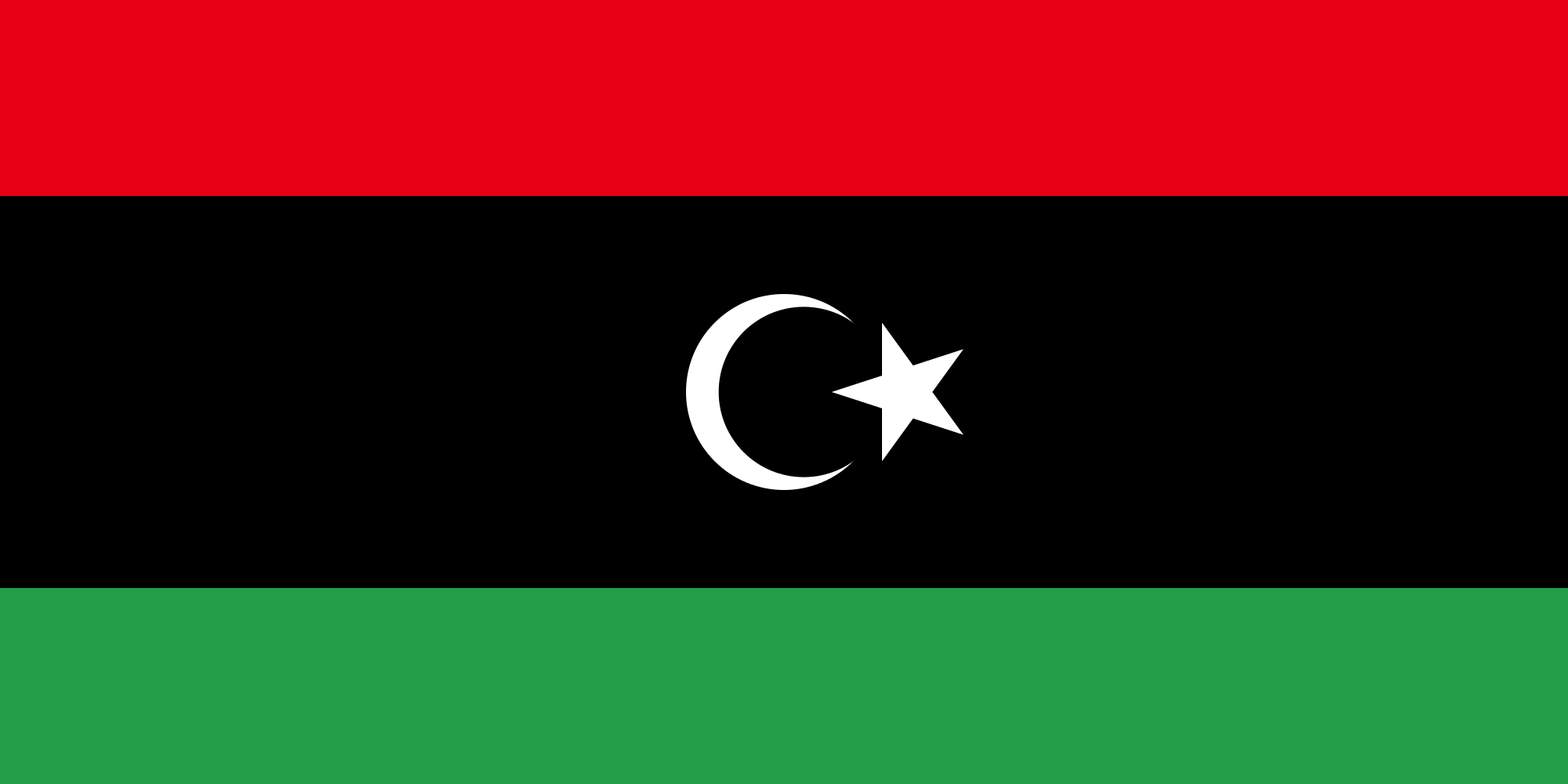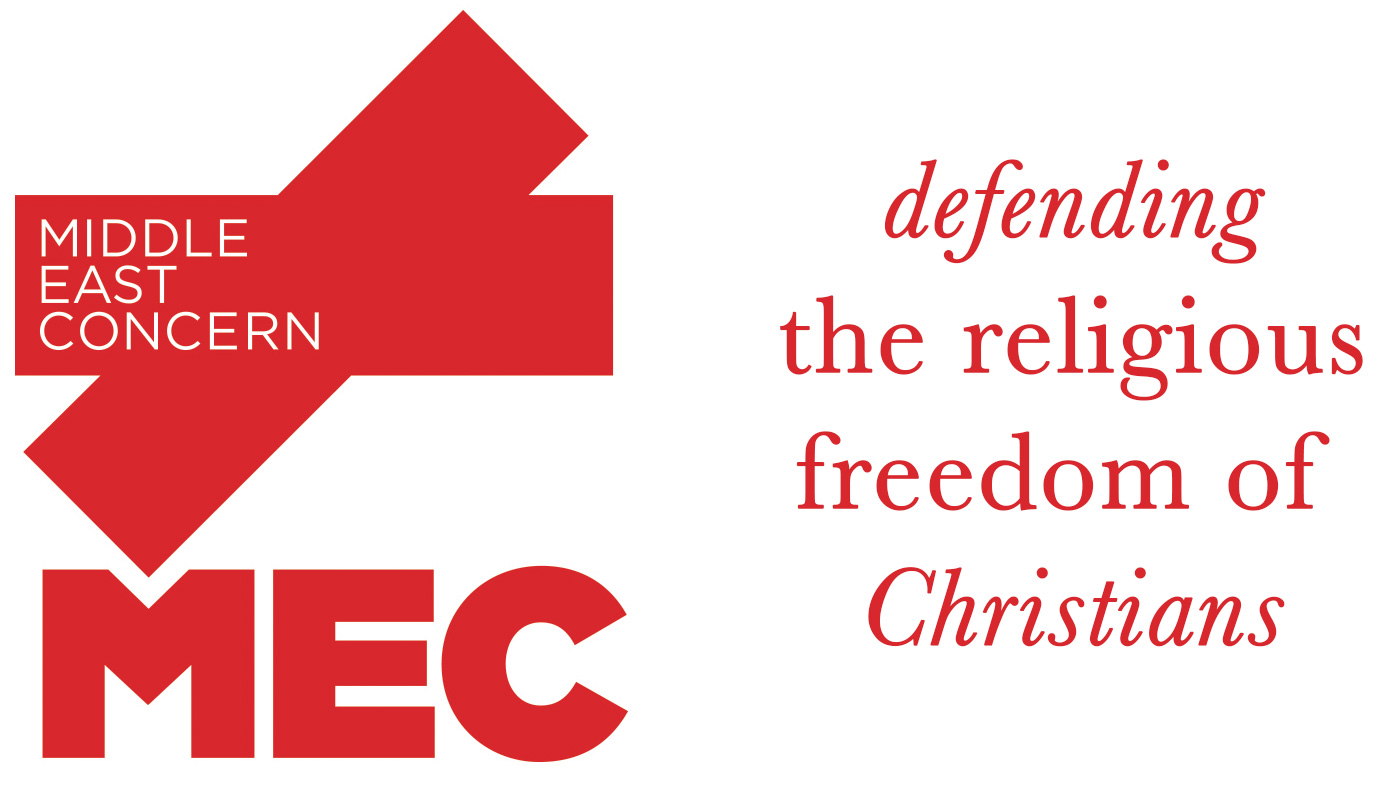
Libya’s population is approximately 6.6 million. The population is estimated to be 97% Sunni Muslim, with almost all non-Muslims being expatriate workers, primarily from Sub-Saharan African countries, Egypt and the Philippines. Instability since 2011 has led to a shrinking of expatriate communities. The largest churches serving expatriates are the Coptic Orthodox and Roman Catholic churches. There are also a small number of Eastern Orthodox churches, an Anglican church and Union Protestant churches as well as informal fellowship groups.
Currently, political power is split between the U.N.-recognized Tripoli based GNA (Government of National Accord) and the Tobruk-based House of Representatives (HoR), that supports Khalifa Haftar and the LNA (Libyan National Army). After Haftar failed to take control over Tripoli in his April 2019 surprise offensive, the country was submerged in a (second) civil war. The end of this conflict is not in sight, partly due to support of both sides by foreign powers. Meanwhile Libyan civilians are victims of this power struggle, with hundreds of thousands impacted by the conflict. The migrant crisis continues. In 2019, a high number of migrants drowned in the Mediterranean sea in an attempt to reach Europe. Those caught during their attempt are put in detention centres where they live under terrible conditions. Libya’s interim Constitution of 2011 establishes Islam as state religion and Islamic law as the main source of legislation. The constitution guarantees the freedom for non-Muslims to practice their religious rituals. In 2017 a new constitution was drafted. Contrary to the interim constitution, this document does not recognize other sources of legislation besides Islamic Shari’a. The draft also fails to guarantee freedom of religion and belief. A referendum on adoption of this draft constitution was planned for the first half of 2019, then delayed. In practice, all Libyans are assumed to be Muslim, with no scope for changing religion. Personal status matters are determined according to Islamic law. The Penal Code prescribes harsh punishments for perceived attacks or insults against religion.
Libya acceded to the International Covenant on Civil and Political Rights (ICCPR) on 15 May 1970. The ICCPR upholds the right to freedom of religion, including the right to hold a religion of one’s choice and the right to manifest that religion (Article 18). It also upholds the rights of minorities and the principle of non-discrimination. Libya’s accession to the ICCPR was made without any reservation limiting its commitment to religious freedom.
Key challenges faced by the tiny group of national Christians are family and societal pressure. Family and clan ties are very strong in Libya. As being Libyan means being Muslim, leaving Islam is not accepted and can result in violent responses from family or community members. In areas where Islamic militias operate as the de facto police force, severe sanctions are imposed on apostates. The few believers are therefore mostly “secret” believers, afraid of being exposed. Challenges faced by expatriate Christians primarily derive from the ongoing political and security crisis and the lack of application of the rule of law. It is known that armed militias regularly set up check points in order to extort sub Saharan Africans. Some of them are even kidnapped for ransom. Sources say that Christians are at times targeted at these checkpoints, as they are set up on Fridays and Saturdays on roads that lead to churches African Christian attend for worship.
